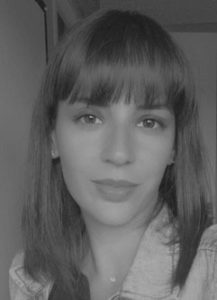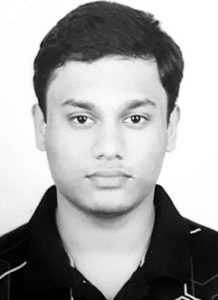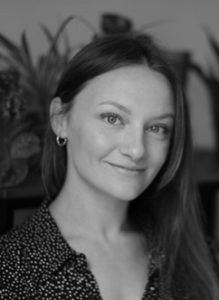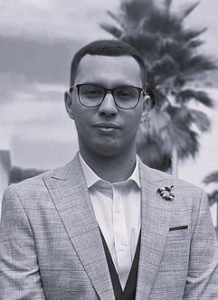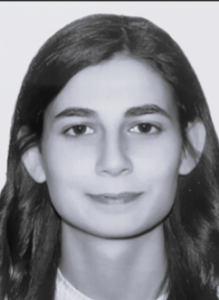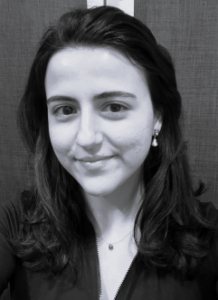Short bio
- MSc Gerontology Research with distinction from the University of Southampton, UK
- BS magna cum laude from the University of New Orleans, USA
Research project
Hyperscanning and social cognition in middle childhood.
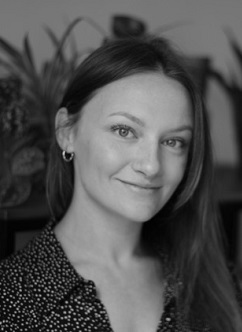
Hyperscanning and social cognition in middle childhood.

Master degree in Systems Biology at Sorbonne University
Study of the neural correlates of social skills.
My work aims to better understand the development of social skills. In this vein, I use hyperscanning techniques, which allow the recording of the brain activity from at least two individuals engaged in social exchange, providing a novel type of neural correlate: the inter-brain synchrony. This study contributes to a deeper understanding of how the social brain develops and how rapport management occurs by looking at moments of high or low rapport with neural synchrony.
Since the earliest days of Artificial Intelligence, the study of human cognition has played an important role. The very first working code presented at the Dartmouth Summer workshop in 1956 where the term “artificial intelligence” was first used, was a model of how humans learn, implemented by Herb Simon and Alan Newell. Since then the study of human intelligence (and, more broadly, human cognition) and the study of “machine cognition” or artificial intelligence, have been mutually beneficial.
How people learn continues to be one of the important topics addressed in this thematic area, using more contemporary AI tools such as deep learning algorithms and large language models to model human cognitive abilities. In this context a number of projects address how infants learn language. Here, unsupervised and self-supervised algorithms model the process of infant language learning in diverse contexts, and using diverse data sources including text, raw audio and audio+video. In turn, these studies of infants can lead to more flexible and data efficient machine learning algorithms. A number of other projects address the learning of pragmatics (the use of language, rather than its structure) by children in middle childhood. Here multimodal deep learning algorithms are given both the language and the nonverbal behaviors (such as eye gaze shifts and facial expressions) of pairs of individuals as input into models of the building of interpersonal rapport, or social bonds. In turn, these models are used to implement embodied conversational agents that can successfully build rapport with their users. The most recent set of studies of rapport-building behavior add additional evidence from the neuroscience technique called hyperscanning, where pairs of individuals are scanned simultaneously while working alone and while collaborating, and evidence is gathered about their inter-brain synchrony in these different contexts. Studies such as these can contribute to building truly collaborative AI systems, and also to better understanding the role of the brain in natural human interaction.
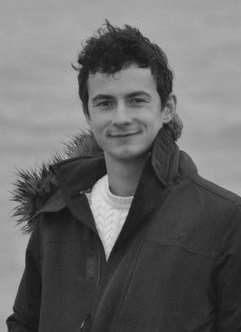
Diplôme ingénieur Ecole Polytechnique
Multimodal modelling of neurodegenerative diseases.
The goal is to find quantitative links between the decay of structural properties of the brain, shown through imaging techniques such as MRI/Pet scans/etc and the decay of cognitive abilities of the patients, shown through cognitive assessment tests. The research focuses on Alzheimer and Parkinson patients.
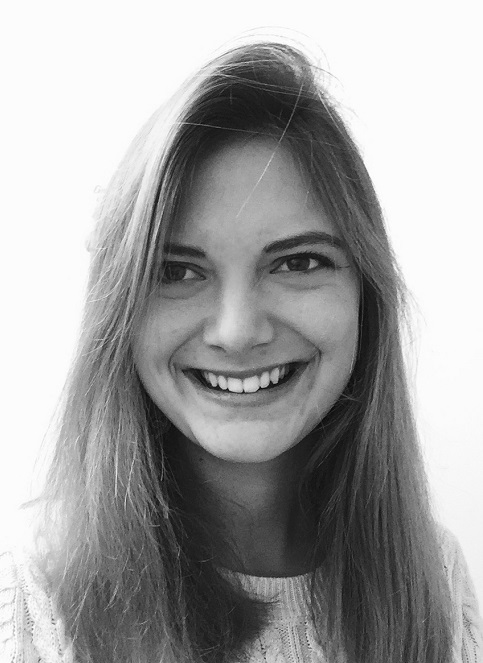
Does multilingual input help or hinder early language acquisition? A computational modelling approach.
Experimental studies in bilingual language acquisition are based on the assumption that children separate languages at birth or within months, and that this early ability is essential for successful learning. This would prevent children from mixing languages and learning a multilingual representation that does not correspond to any specific language. This project will test this hypothesis following a reverse-engineering approach by using computational models, which aim to model the ideal learner when faced with input data whose number of languages is a priori unknown. This approach will directly test two aspects of the hypothesis : (1) the premise that it is possible to separate languages before learning them, and (2) the justification that separation is necessary for learning several languages in parallel.

Postdoctoral researcher
L'Ecole normale supérieure - PSL
georgialoukatou [at] gmail.com
PhD, École Normale Supérieure
Diversity and learnability in early language acquisition.
My research addresses issues of language learnability in cross-linguistic and cross-cultural settings. I follow an interdisciplinary approach, implementing computational modelling, corpus analysis and experimental methods.
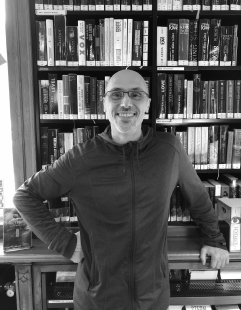
Human inspired machine learning
emmanuel.dupoux [at] gmail.com
Emmanuel Dupoux is full professor at the Ecole des Hautes Etudes en Sciences Sociales (EHESS), directs the Cognitive Machine Learning team at the Ecole Normale Supérieure (ENS) in Paris and INRIA (www.syntheticlearner.com) and is currently a part time scientist at Facebook AI Research. His education includes a PhD in Cognitive Science (EHESS), a MA in Computer Science (Orsay University) and a BA in Applied Mathematics (Pierre & Marie Curie University, ENS). He is the recipient of an Advanced ERC grant, the organizer of the Zero Resource Speech Challenge (2015, 2017, 2019) and the Intuitive Physics Benchmark (2019).
Speech perception, language and cognitive development in infant, low resource language technology, automatic speech recognition, unsupervised and self supervised learning
Emmanuel Dupoux aims at reverse engineering how young children between 1 and 4 years of age learn from their environment, and construct machine learning algorithms that are more data efficient and flexible than current ones. He will develop unsupervised representation learning algorithms from raw audio or video, and evaluates them with cognitive developmental tests. He will study the inductive biases of neural architectures for language by studying how neural agents can develop communicative protocols. He will use these algorithms applied to naturalistic data to conduct quantitative studies of how infants learn across diverse environments.
Reverse engineering the ability of young children to learn languages is key to constructing machine learning algorithms that are more data efficient and flexible than current ones. It is also key to understanding how infants learn as a function of their input and to constructing predictive models for early diagnosis of developmental disorders.
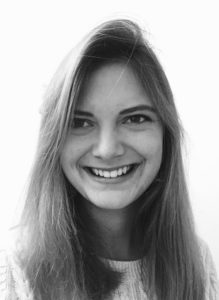

Professor and former Associate Dean, School of Computer Science, Carnegie Mellon University (2010-). Chaire Blaise Pascale and Chaire Sorbonne (2017-2018). On leave from CMU, at Inria since fall 2019. ACM Fellow (2017), Fellow Royal Academy of Scotland (2016), AAAS Fellow (2012), Anita Borg Women of Vision Award (2009). AAMAS test-of-time award (2017). Chair, World Economic Forum Global Agenda Council on Robotics & Smart Devices (2011-2014). Since January 2021 a member of CNNUM (Conseil National du Numérique) – French National Digital Council.
Natural language processing, human-computer interaction, autonomous and virtual agents, social AI
Justine Cassell will address issues at the intersection of NLP, AI, Cognitive Science, and Human-Computer Interaction, employing methods from each of these traditions, and developing new interdisciplinary methods. Her goal is to develop theories, architectures, algorithms, and implementations of embodied conversational agents capable of engaging people in natural dialogue, including both task and social components, language and non-verbal behavior. She will participate in the PSL AI graduate school.
There is a need for a more human-centered design of AI systems so that they may act as partners and teammates to people rather than their replacements. My work in Social AI attempts to address these design challenges by basing AI agent behavior on a close study of human collaboration and teamwork, thereby working towards fulfilling their societal promise, as well as advancing fundamental areas of AI as diverse as natural language generation and transparency in machine learning.

